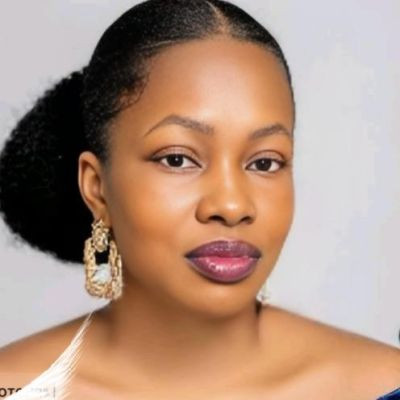LAST AFRICAN IN EUROPE | MOCKUMENTARY film | BY MO HERSI | English subs
“It holds up a mirror to society” – comedian Mo Hersi on his mockumentary The Last African in Europe.
This movie was created 6 months before Corona crisis. Somehow it all came out in the real world.
What inspired you to make The Last African in Europe?
Mo: The mockumentary was inspired by an idea coming from Alphonse Muambi, who is a great thinker and philosopher. In his vision, borders should be closed between Africa and Europe, on both sides. This is a different narrative from most right-wing politicians, who would only talk of closing borders on the European side. So what will happen if we close borders on both sides, knowing that Africa holds about 30 % of the world’s resources? A huge European economic crisis would ensue.
Mo continues by predicting that Europe’s reliance on Africa will, in fact, only increase with time: ‘With the rapid pace in which our climate is changing, even Europeans will have to flee to evade the climate crisis in the future, and their nearest refuge will be Africa’. With The Last African in Europe, the comedian wanted to paint this picture, an alternative picture to our current state of affairs, to showcase what it would be like if things were the other way around.
In asking how he personally relates to the story he is telling, Mo explains that he is originally from Ethiopia and describes himself as a refugee. He points out, however, that whilst living in the Netherlands for the past 33 years, he never truly considered himself a refugee until 5 years ago, when the refugee crisis became hot topic of a topic debate: “That’s when I start thinking ‘wait, why are you talking about my people?’”. The mockumentary contributes to these discussions by bringing the many nuances that are at play to light:
The mockumentary holds up a mirror for everyone. It’s for the audience to see that being a refugee isn’t about skin colour, it can be anybody needing refuge. It’s for them to see how structural racism has so many layers. Racism isn’t only reserved for the right-wing. We know so little about refugees because no one really asks them how they are. We’d rather ask; ‘how did you get here, how were your travels, what traumatic experiences did you go through?’ But would you go up to any woman and ask her if she’s ever experienced trauma? Ask her at a birthday party whether she’s ever been sexually assaulted? Because that’s how refugees are constantly asked to tell their story, wherever and whenever, even at birthday parties.
The Last African in Europe premieres on the 28th of February in Almere, after which it will also be shown at the 2020 Afrikadag and the rest of the world.
What would you like to discuss with our visitors?
Mo: The future, our future, not just that of the refugee but of us, as a people. We can’t be mad at refugees for whatever change is happening in Europe, but we also have to look at ourselves, and be mad at ourselves, because all of us contribute to what’s happening over ‘there’, outside of Europe. I want to ask the tough questions like ‘what was our role in somebody in the world having to flee?’. We need to ensure that equality is a global phenomenon, but are we willing to pay more for stuff that we like? Are we willing to pay the cost of losing privilege? With Brexit, and with Dutch elections coming up, there will also be ample opportunity to discuss the very premise on which the mockumentary is built: the closing of borders.























